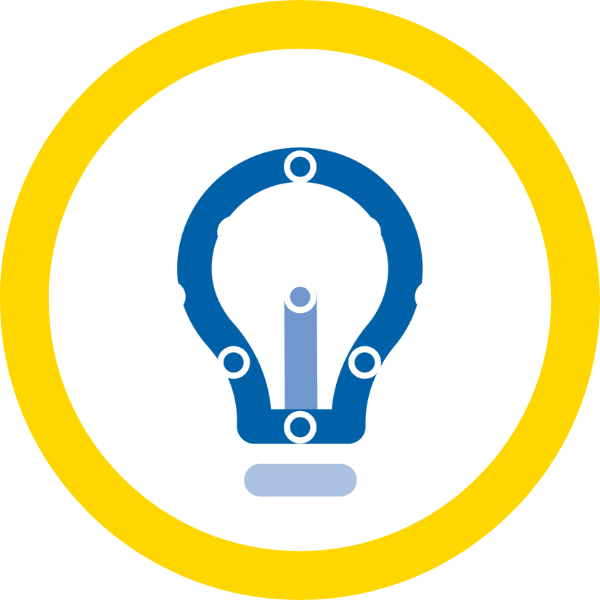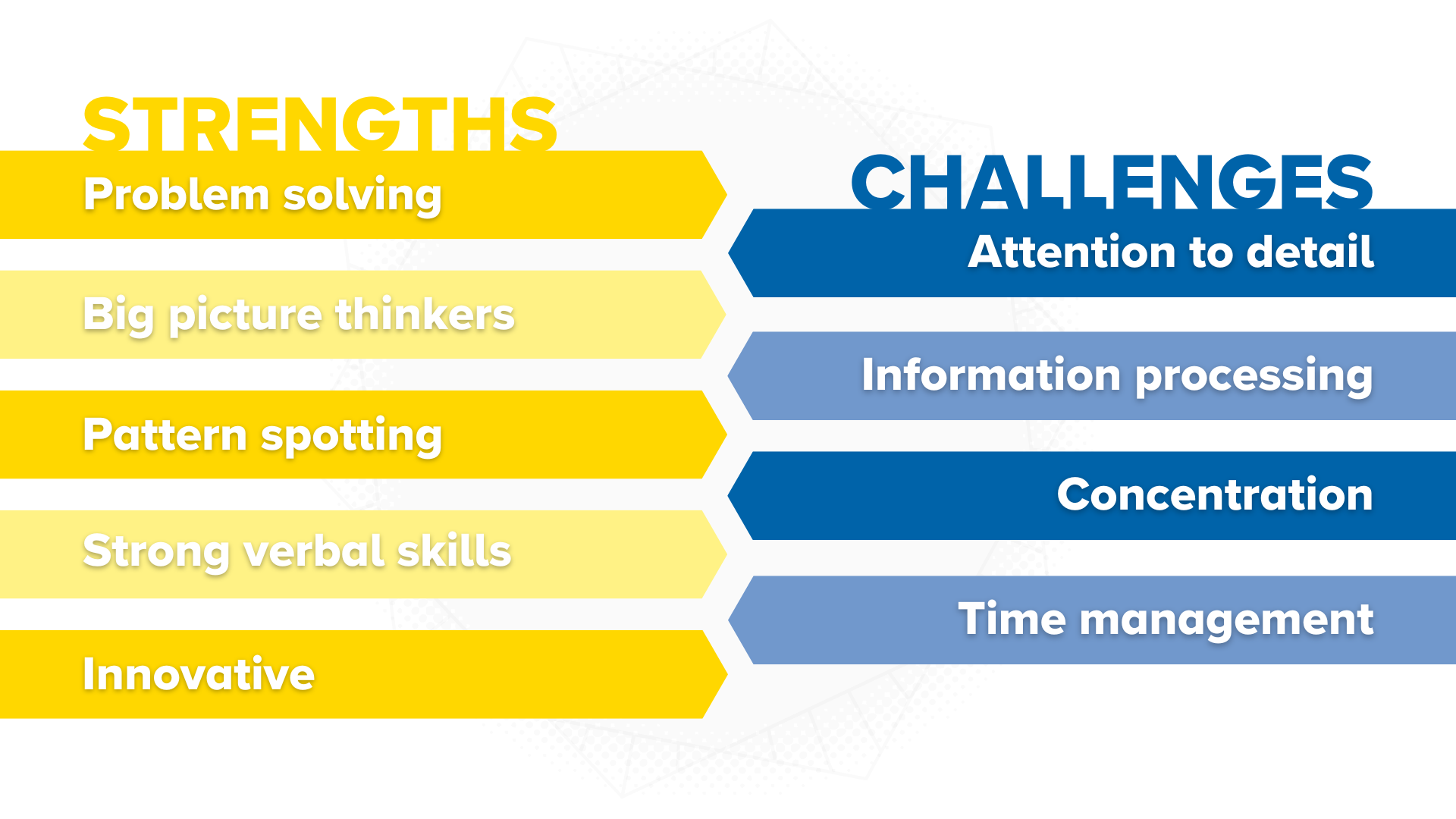Dyslexia is a specific learning difficulty (SpLD) that affects the way people process information.
Dyslexic people tend to take longer to complete tasks which others may not struggle with, such as reading and writing. They may also respond less quickly than others during conversations.
This particular symptom may be seen as the person not knowing how to answer – however, it is the efficient retrieval of information which takes longer to process, not the knowledge itself.







